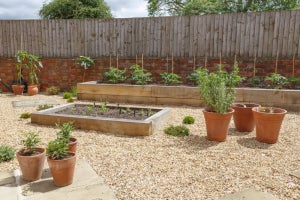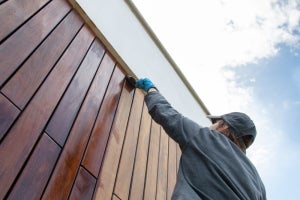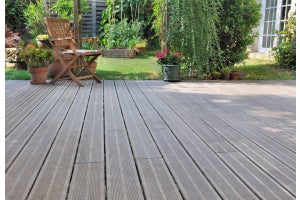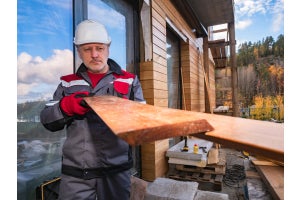What Is The Difference Between Hardwood & Softwood?
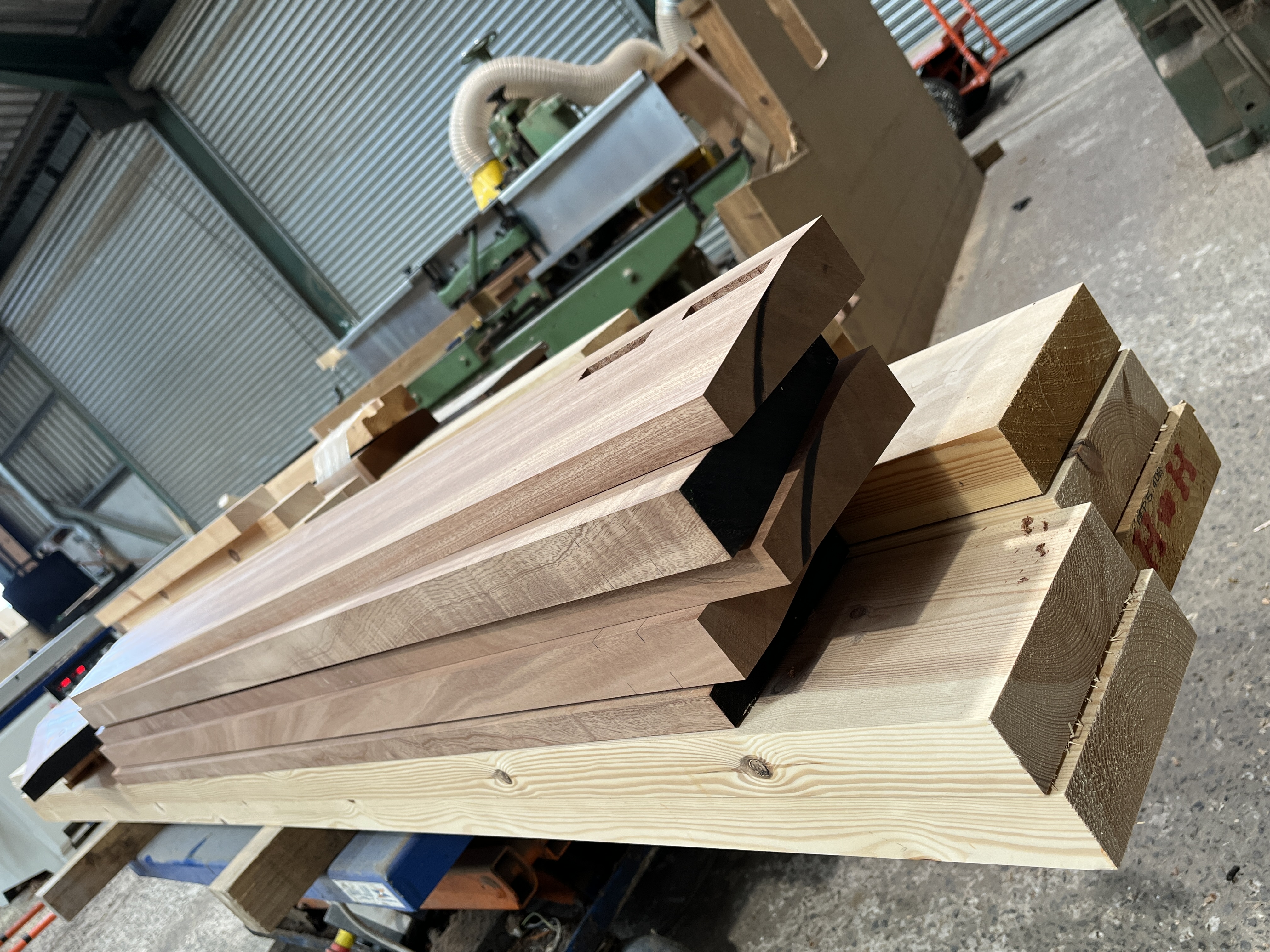
Depending on the construction project you are undertaking, you will need to choose the right kind of timber. Hardwood and softwood have names that seem to be self explanatory but these terms, somewhat confusingly, don't always refer to the density of the wood! This post looks at the differences between these two types of wood, how you can tell the difference and what these woods can be used for.
The Origins of Hardwood and Softwood
The main difference between hardwood and softwood is where they originate from. Hardwood comes from deciduous trees that lose their leaves every year, and softwood comes from evergreen trees which keep their foliage all year round. Hardwood is often sourced from trees such as oak, maple and walnut, all trees that produce nuts or seeds in an enclosed ovule. Hardwood trees often take up to 150 years to fully mature, so the wood is hard, heavy and dense. Softwood comes from trees such as spruces, pines and cedars, and they are usually ready to be harvested after only 40 years. Softwood trees also spread more easily as their seeds are contained within pine cones which can travel greater distances. In terms of growth, hardwood tends to be slower growing compared to softwood which gives it denser, more solid qualities.
The Differences in Strength Between Hardwood and Softwood
As the names of these woods seem to suggest, hardwood is the stronger and harder wood compared to softwood. This is because of its slower growing time, which creates a denser, more compact structure. However, there are some exceptions to the rule. Yew, for example, is classed as a hard softwood as it has a higher density than American cherry wood, for example, which falls into the hardwood category. Balsa wood is also another exception as it is classed as a hardwood but it has a very low density and acts far more like a softwood.
How Do Hardwood and Softwood Compare For Durability?
Because of their more dense and solid qualities, hardwoods tend to perform better when it comes to weather resistance. Softwoods, however, that are intended to be used outdoors are usually treated to make them last longer. There are also some naturally durable softwoods like western red cedar that can withstand the elements.
How Can You Tell the Difference Between Hardwood and Softwood?
If you are unsure of whether you are dealing with hardwood or softwood, there are some signs to look out for:
The Grain - Hardwoods have a distinctive, consistent grain with few knots, while softwoods have a much less pronounced and softer grain, and can contain more knots depending on the timber grade.
The Weight - Hardwood is usually heavier than softwood due to its slow growing qualities and high density.
The Colour - Softwood is usually lighter in colour than hardwood.
What is Hardwood and Softwood Used For?
Due to its strength and durability, hardwood tends to be a higher value material versus softwood. Hardwood is easy to machine and has a smooth, consistent grain, so it is often used in construction as a joinery product including skirting, architraves, door linings (door frames), doors, window frames, flooring, internal cladding, higher-end decking and sometimes even fencing. As hardwood has a distinctive, visible grain, it is also often used in bespoke furniture making and a notable niche use is in boat making, where marine hardwood plywood can be used.
In summary, the key differences between hardwood and softwood come down to their origins, density, durability and common uses. Hardwoods are denser, slower-growing woods from deciduous trees that are more expensive but extremely durable and often used for high-quality construction, flooring and joinery such as window frames, doors, mouldings, and furniture building projects. Softwoods are less dense woods from evergreen trees that grow faster, but can still offer good durability outdoors if treated properly. At a lower price-point, softwoods are commonly used for landscaping timber including fencing, gates, cladding and as a material for general construction.
Why not explore our range of hardwood plywood and softwood plywood at Mill Timber Direct? Our products are responsibly sourced and we stock a wide range of sizes. Please get in touch with our friendly team today for help and advice on all aspects of timber supplies and building projects.




